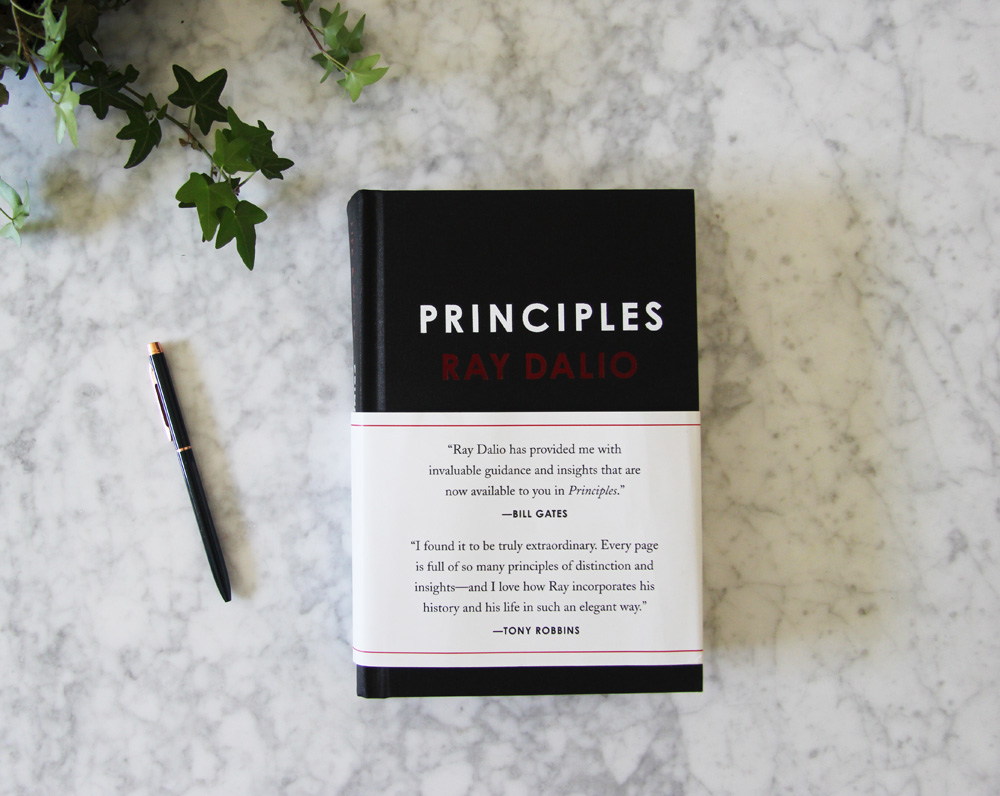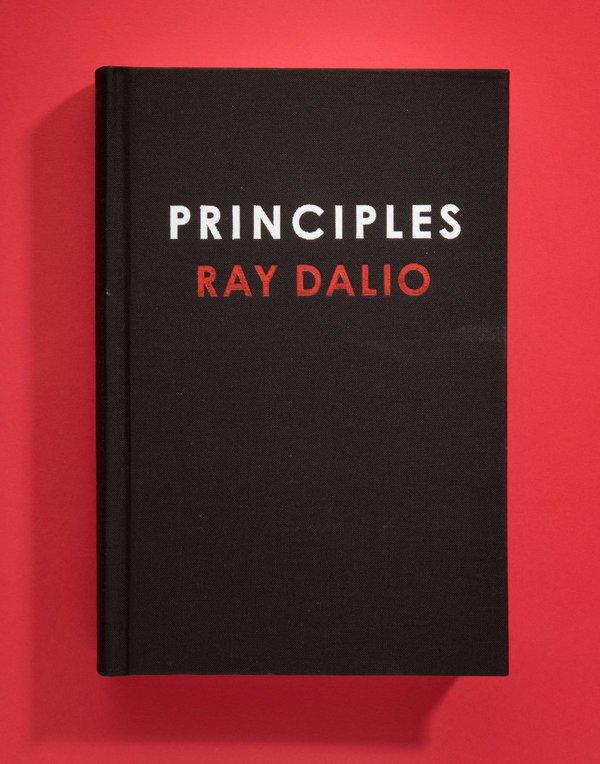


"In time, I realized that the satisfaction of success doesn’t come from achieving your goals, but from struggling well." Two lines that stuck with me at the conclusion of this section were: This was especially interesting to me as someone who thinks a lot about organizations and how to build and run them well for the long term. He also details his struggles to leave Bridgewater in a place that is not dependent on him after he leaves the company for good. His team even ended up informing financial policy in the US and EU in recent years.

Bridgewater navigated the 2008 financial crisis well for themselves and clients. 1ĭalio had a very public, humbling failure in the early 80s. It sparked my interest in how “the economic machine” as he refers to it works. The narrative is as good as most autobiographies I've read. Ray explains in context how his and Bridgewater’s approach developed and adapted over time. The arc of this section weaves his life story through all the major financial events of the last 50 years as of the book's publishing in 2017. It reminded me of being around the same age and reading the MS-DOS 5.0 manual cover to cover. The story of 12 year old Ray reading free annual reports from Fortune magazine jumped out. For me, books meant to teach something don’t sink in as well without enough of the experience needed to drive the lesson home.

Part 1: Life Storyĭalio explicitly writes that he doesn’t mind if readers skip this part, but it sets up the heart of the book well. Ray’s approach, mindset, and the principles he shares are a great example of how a person can take that to the Nth degree in all facets of life. I spend a lot of time doing my best to be intentional. Key points from it have been top of mind in helping me process everything that has been happening in the world and my personal life since then. I finished reading it the first time a few days before the US woke up to the pandemic in March. The timing to wrestle with the contents of his book couldn’t have been more relevant to me especially over the last four months. A few key recommendations in the past couple of years finally nudged the book to the top of my stack. Before I read Principles: Life and Work, I knew next to nothing about Ray Dalio or Bridgewater Capital.


 0 kommentar(er)
0 kommentar(er)
